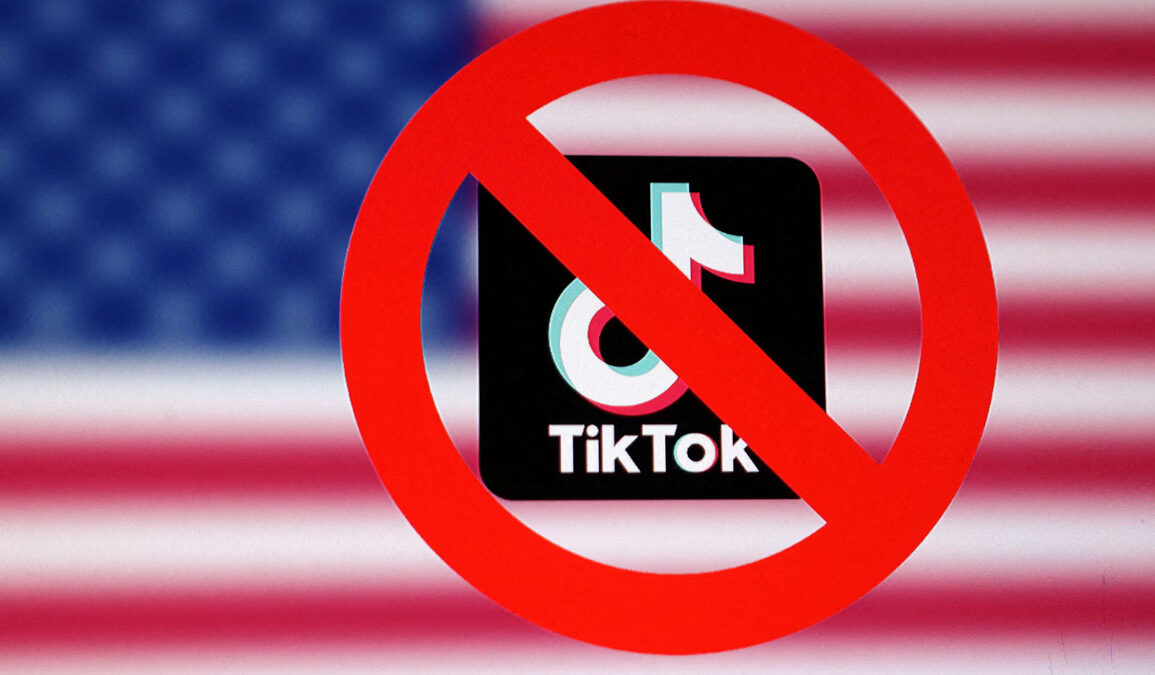In a landmark decision, the U.S. Supreme Court has upheld a federal law mandating that TikTok’s Chinese parent company, ByteDance, must divest its U.S. operations or face a nationwide ban. This ruling, set to take effect on January 19, 2025, has intensified debates over national security, freedom of speech, and the influence of global technology on American society.
Why Is TikTok Being Banned?
At the core of this decision lies a growing concern over national security. TikTok, a social media platform with over 170 million American users, has been criticized for its extensive data collection practices. Lawmakers argue that this data—ranging from location information to behavioral patterns—could be accessed by the Chinese government due to ByteDance’s obligations under Chinese law.
The app’s powerful algorithm has also drawn scrutiny. Federal officials worry that TikTok could be used to manipulate public opinion by prioritizing or suppressing certain content. “For years, the Chinese government has sought to build detailed profiles about Americans,” Solicitor General Elizabeth Prelogar stated during oral arguments, “where we live and work, who our friends and coworkers are, what our interests are, and what our vices are.” This capability, officials warn, could be weaponized to sow discord or influence young users who are particularly susceptible to digital content.
Experts have noted that China HAS INDEED used Tiktok to foster protests in recent years, its algorithms can be adjusted to do exactly that.
The Dangers of Chinese Involvement
Concerns over China’s involvement in U.S. technology extend beyond TikTok. ByteDance’s ownership of the app has raised fears that it could become a tool for espionage, recruitment, or blackmail. “The Chinese government’s access to data from tens of millions of Americans poses a realistic risk,” said Justice Brett Kavanaugh during the hearings. Chief Justice John Roberts also questioned TikTok’s defense, asking, “Are we supposed to ignore the fact that the ultimate parent is, in fact, subject to doing intelligence work for the Chinese government?”
Past incidents, such as the 2015 breach of the Office of Personnel Management attributed to Chinese hackers, have amplified these fears. TikTok’s algorithm—a proprietary system for curating content—has also been a point of contention. Federal officials note it has been used covertly to prioritize propaganda and suppress opposing viewpoints, furthering Chinese political interests.
Arguments Against the Ban
TikTok’s defenders have argued vehemently against the ban, framing it as an overreach that violates the First Amendment. Noel Francisco, TikTok’s lawyer, emphasized that the platform enables millions of Americans to express themselves and build communities. “The U.S. government has no valid interest in preventing foreign propaganda,” he asserted, adding that TikTok’s U.S.-based incorporation should shield it from such restrictions.
Critics also point to the lack of concrete evidence that TikTok has misused data or algorithms in harmful ways. The ACLU warned that banning TikTok could set a dangerous precedent. “The government does not get to control how Americans express themselves—on or offline—based on vague and hypothetical harms,” it argued in an amicus brief. “This is the hallmark of authoritarian regimes, not the U.S.”
Furthermore, some contend that TikTok’s data practices are not fundamentally different from those of other tech giants. If data security is the concern, they argue, a broader regulatory framework would be more effective than targeting a single platform.
Trump’s Involvement
The controversy surrounding TikTok is not new. Former President Donald Trump attempted to ban the app during his first term, citing similar national security concerns, but his efforts were blocked by federal courts. Now preparing for a second term, Trump’s position appears more nuanced. In December 2024, he hosted TikTok CEO Shou Zi Chew at Mar-a-Lago and later suggested exploring a political resolution.
Trump has hinted that his administration may seek a 90-day extension for TikTok to finalize a sale or find alternative solutions to address security concerns. “I had a very good experience with TikTok,” he told reporters, referencing his campaign’s success in engaging younger voters through the platform.
What Happens Next?
As the January 19 deadline approaches, ByteDance faces mounting pressure to divest. Potential buyers have been rumored, including billionaire Elon Musk and Project Liberty, a consortium led by Frank McCourt. However, ByteDance has resisted these efforts, citing technological and legal barriers to separating TikTok’s U.S. operations from its global infrastructure.
If ByteDance refuses to sell, TikTok could go dark in the U.S. Starting Sunday, the app is expected to be removed from app stores, preventing new downloads or updates. Existing users may continue to access the app temporarily, but its functionality will likely decline over time without regular updates.
Many users have already begun migrating to alternative platforms like Instagram Reels and YouTube Shorts. Ironically, some have turned to other Chinese-owned apps, such as RedNote, highlighting the complexity of addressing national security concerns in an interconnected digital landscape.
Supporters of the ban argue that protecting American data and countering foreign influence outweigh the platform’s cultural and economic significance. “The challenged provisions further an important government interest unrelated to the suppression of free expression,” the Court wrote in its opinion, “and do not burden substantially more speech than necessary to further that interest.”
Critics, however, warn that the decision undermines American ideals of free expression and sets a troubling precedent for future government interventions in the tech sector
NP Editor: As many pragmatists have noted, the U.S. Consitution is not a suicide pact. China is not granted free speech rights (nor data theft and propaganda rights) under the U.S. First Amendment. This is not about the platform, but the demonstrated abuse of the platform by a foreign power whose interests are in controlling and sabotaging the U.S. Our opinion is to ban them or get them out of the hands of China as soon as possible.








